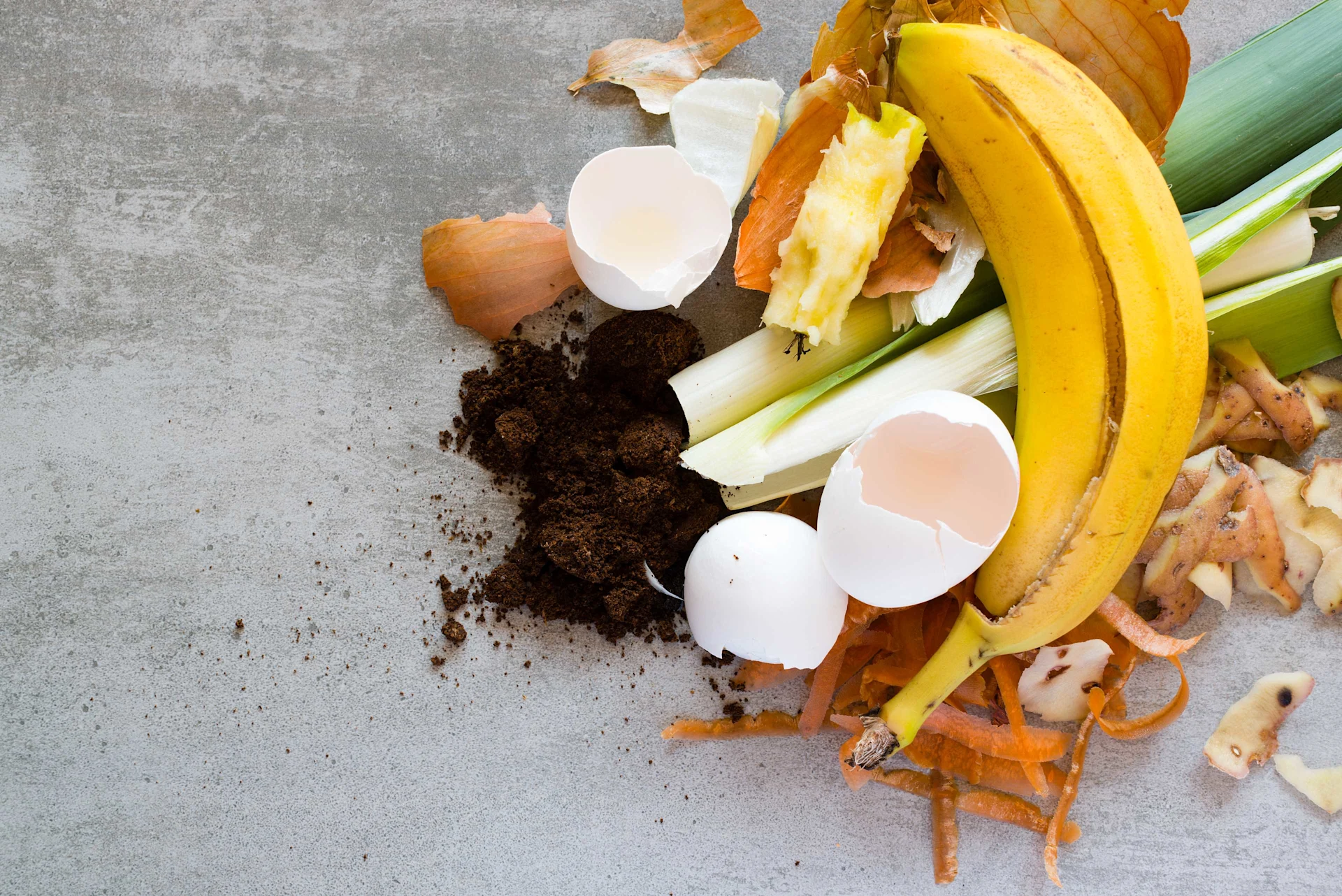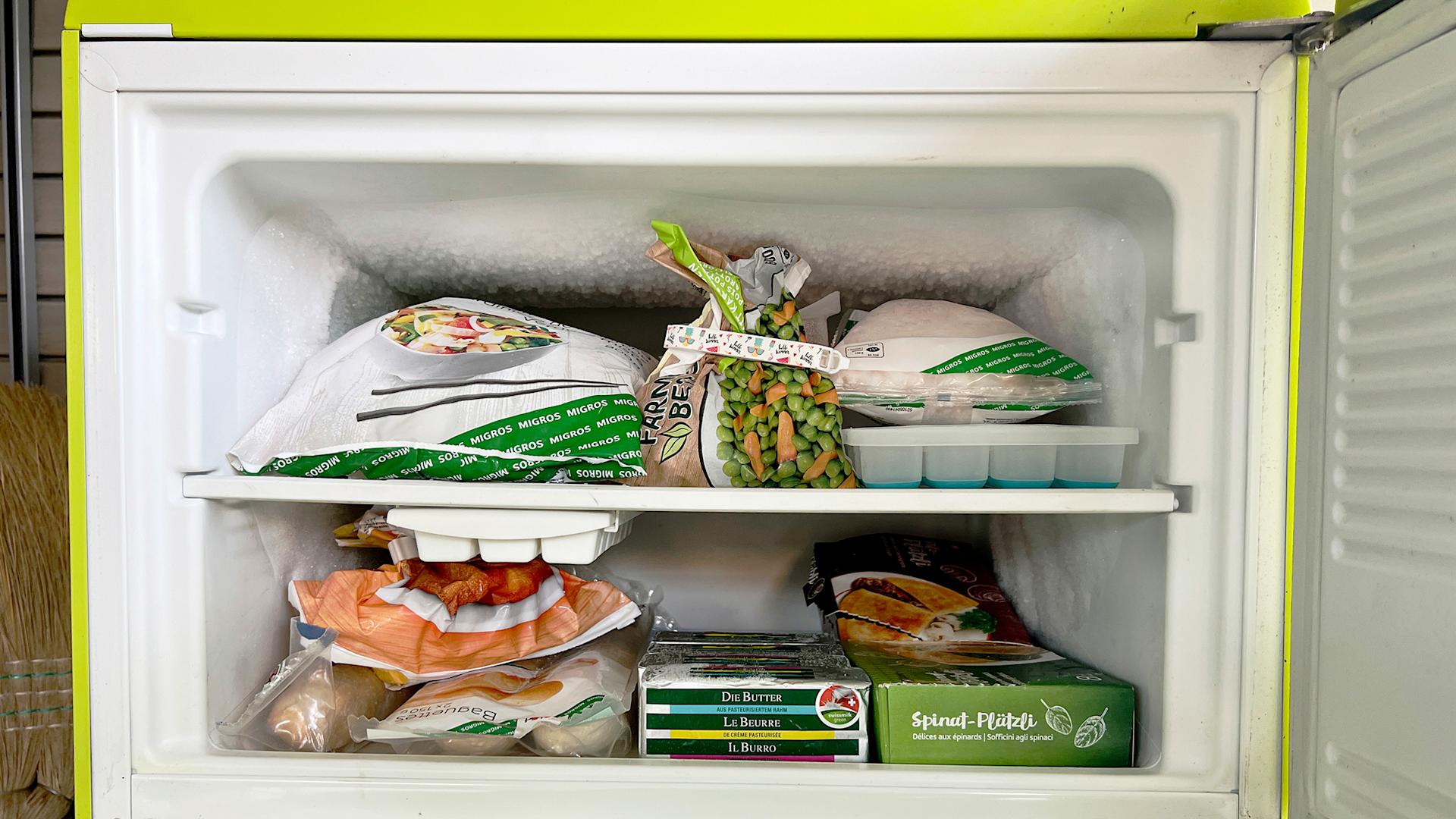
What do you know about food waste?
Take part in the food waste quiz and find out how much you already know.
navigation

Food waste
We bring colourful Swiss vegetables to your plate in the middle of winter. And dispel six myths surrounding frozen food.
The opposite is true! The trick is to freeze vegetables as soon as possible after harvesting to preserve the maximum amount of vitamins. They contain many more nutrients than fresh vegetables that are a few days old. This is because light, heat and oxygen break down vitamins. Spinach loses half of its nutrients within just three days of harvesting – it would be better to flash-freeze it.
Wrong. There is no need to defrost frozen vegetables before using them: you can put them directly into the pan or the oven. This not only protects the colour and consistency, but also valuable vitamins.
Freezing and storage do require energy. But the way vegetables are grown is much more important in terms of their carbon footprint: the fewer pesticides are used, the better, as is the case in, say, organic or integrated production (IP-Suisse). Frozen vegetables also help to reduce food waste, as you can defrost however much broccoli or cauliflower you actually need. Throwing fewer leftovers away also helps your wallet.
Wrong. However, you should refreeze the products as quickly as possible, as germs can multiply when they’re defrosted. It is therefore advisable to heat the vegetables through thoroughly, i.e. for at least two minutes at 70 degrees, if you’ll be using them later.
Not quite. You can keep vegetables in the freezer for up to 12 months, but there are differences depending on the kind in question: celery and horseradish can only be kept for six months, peas and carrots for up to 18 months.
Yes, this is highly recommended. It is best to use special insulated bags to transport them home, and make sure that they do not stay out of the freezer for more than an hour.
Published 6.3.2024, revised 3.12.2024
With simple tips, you too can reduce food waste. Join now and let’s save food together.